HMP Wandsworth: The challenges of providing healthcare in the UK's biggest prison

It is a sunny spring morning and walking through Wandsworth borough, along rows of elegant houses and well-kept little gardens, it is easy to forget that a few streets away stands one of London's most famous prisons, HMP Wandsworth.
Beyond the bricks and barbed-wire that delimit the perimeter of the old Victorian building, some 1600 male prisoners are held. This makes it the largest public sector prison in the country.
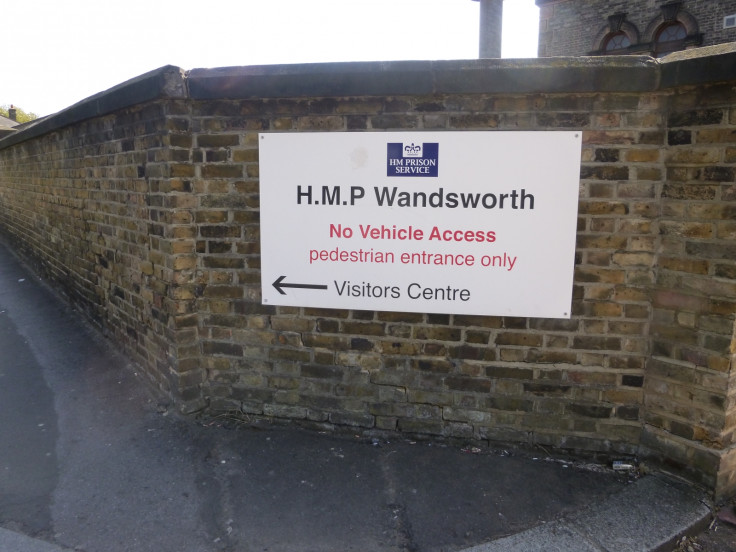
This record-high population is not always easy to manage, and leads to logistical challenges on a daily basis. Jo Darrow, general manager and head of offender healthcare knows this only too well.
At HMP Wandsworth, healthcare provision to the thousands of offenders has become a top priority under governor Ian Bickers. However, the nature and multiplicity of health issues prisoners face makes it a constant challenge, both for prison staff who facilitate access to healthcare services and for healthcare staff who provide the services.
"We want people to be healthier, to understand more about their health, and when they come out, to be better connected to the health system in their community. But the logistical challenges that come with running a healthcare service in such a big prison mean we are not quite there yet", Darrow says.
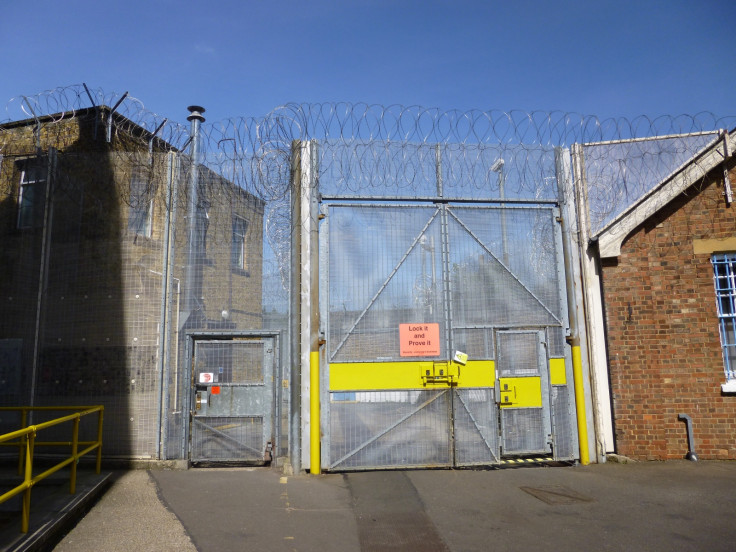
The effects of drugs and mental health
Prisoners' health needs are particularly important. They often present significant risk factors of ill health, such as low socio-economic backgrounds, poor literacy, and 'risky' behaviours – including intravenous drug use or unsafe sex practices.
This leads to higher disease rates, for example, 8 % of prisoners suffer from hepatitis C – compared to 2% in the general population.
Equivalent healthcare
In prison, one principle drives healthcare provision. It is the idea of "equivalency": all inmates should have access to an equivalent level of care to the community.
The problem however is that the prison environment itself limits what medical staff can do. Inmates are locked up for most of the day, and do not have the freedom to go to appointments alone. The lack of privacy and the confined environment can take a toll on their physical and mental health.
More importantly - even before imprisonment -inmates display rates of diseases and mental health issues that are on average much higher than the rest of the community. This means that inside the prison, "equivalent healthcare" is often not enough to adequately treat them.
However, it is mental health that has been put in the spotlight in recent years. National figures suggest that 49% of women and 23% of male prisoners could be suffering from anxiety and depression, a rate which stands at 16% on the outside. Around 25% of women and 15% of men in prison report symptoms indicative of psychosis. The rate among the general population is just about 4%.
In Wandsworth, between 60 and 80 prisoners are referred to the prison's mental health team every week, a proportion which highlights the extent of the problem.
"People with acute illnesses and learning difficulties end up in custody because of an absence of community alternatives. I see cases that should not have ended up in prison in the first place", the prison's consultant forensic psychiatrist Andrew Forrester explains.
"Here, we see a range of problems, from primary care mental health problems like depression and PTSD, to secondary care problems like psychotic and personality disorders."
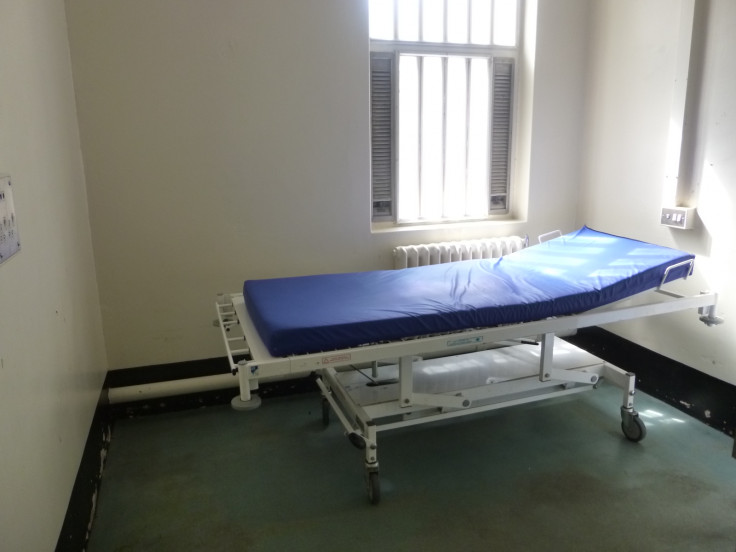
Substance misuse is also common - and it often goes hand in hand with mental health problems. Good communication between all health professionals is therefore crucial.
"Our patients have many comorbidities. I will often see people with alcohol or drug problems who also have mental health issues or learning disabilities. They might actually have been 'medicating' their problems with drugs. So we have an integrated approach to healthcare, to address problems in one go", says Dr Alastair Boyd, the prison's substance misuse specialist.
Daily complex case meetings are also essential. They involve mental health staff discussing 'difficult' prisoners with prison officers and identifying those at risk of self-harm.
When prisoners refuse treatment
An important obstacle to treating patients - mental health issues in particular - is that inmates have a right to refuse medication. As prisoners, they cannot be sectioned under the Mental Health Act, which means treatment cannot be enforced. Some prisoners may therefore be acutely psychotic but non-medicated.
This is why referrals to external psychiatric health facilities are important. "The problem is that transfer times to hospital can be very excessive, up to three months", Forrester points out.
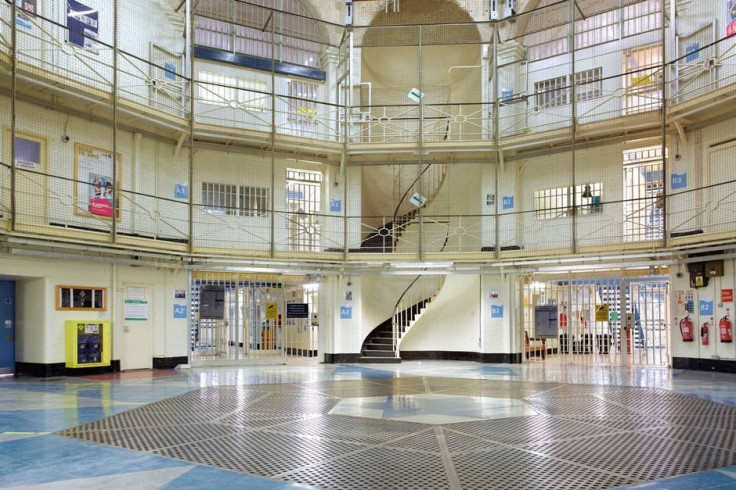
And this right to refuse treatment also extends to other areas of healthcare. " If prisoners are aware of the consequences and have capacity to make the decision to decline treatment, there is nothing much we can do when they refuse to be treated," says Darrow. "We have the case of a young man here with a mass who refuses to get examined. We have no idea if it is benign or not, and we cannot do anything about it. It is quite frustrating".
Nurses and officers at the "frontline" are missing
The latest report by the HM Chief Inspector of Prisons for England and Wales, published in July 2015, found that the number of full-time equivalent staff in public sector prisons had decreased by 29% between 2010 and 2014. Prison officers have been particularly affected by these cuts.
Although they do not directly deliver healthcare, officers play a crucial role, taking prisoners to their medical appointments in and out of prison. Their limited numbers and the fact HMP Wandsworth is a busy prison – with 500 new and transferred prisoners arriving each month - mean that such appointments are often missed.
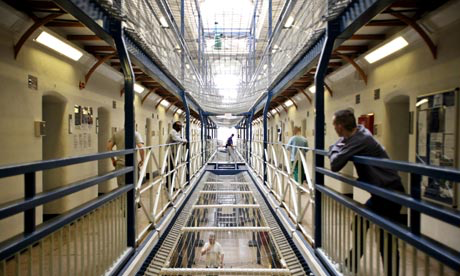
"When and where you hold clinics depends on the number of officers available. Healthcare is only one of the demands officers have to deal with. If an alarm goes off and the prison is under lockdown, appointments get cancelled and things get out of control," Peri Hambley, senior staff nurse for primary care says.
Every day, she and other nurses respond to emergencies and conduct the initial health assessment new inmates have to undergo. Nurses are crucial to detect health problems and risks of self-harm among prisoners. However, they often have to work under great pressure to perform these vital functions: just like the rest of the UK, HMP Wandsworth faces a significant shortage of nurses.
Spotting problems before prison
Despite working in a complex environment, the staff at Wandsworth believe prison can be an opportunity to tackle issues prisoners had never addressed before.
Indeed, inmates are seen at least once on arrival by the nurses during the first health assessment. Depending on their needs, they might also see the GP and a substance misuse nurse, like Briony Wilson, who will address addiction problems.
Most prisoners will then be seen again soon after by the team, for an in-depth second screening. "As a doctor, you engage with people you would not have seen in the community. At least here, the first two screenings are an opportunity to see people who may have stayed away from health services for a long time. We have one chance to spot a problem and make a difference, and it is during these screenings", says Dr Alex Bunn, the prison's GP.
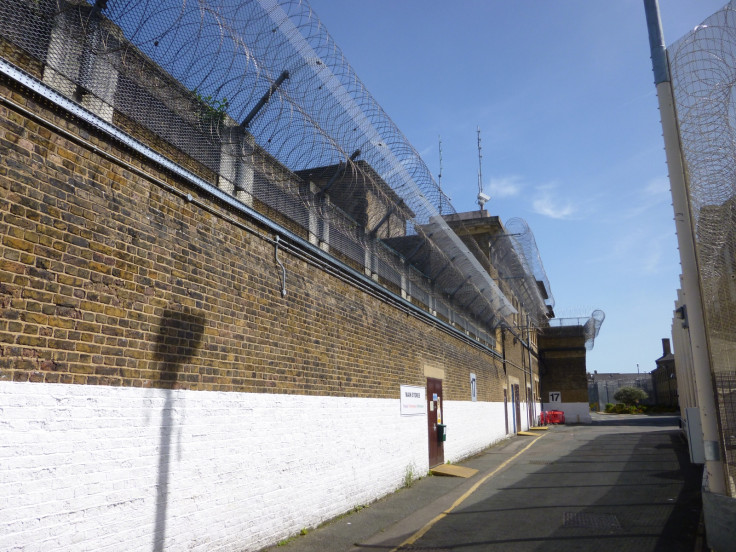
The NHS healthcare consortium that provides services at Wandsworth prison is committed to identifying health problems and addressing them. The problem is how to deliver on that promise. . The consortium has put in place an integrated health system, but delivery on the ground can be challenging due to prison regime and lack of prison officers to facilitate access to healthcare appointments.
Charities say that to relieve this pressure on prison's health services, a better detection of prisoners who suffer from psychiatric problems - before they enter the criminal justice system - is crucial.
"Locking someone who is mentally-ill up in a bleak cell, with little or no support or supervision, will make things worse not better. The government must deliver on its promise to identify people who are vulnerable, and those with mental health needs or a learning disability caught up in the justice system, and divert them into proper treatment and care," Juliet Lyon, director of the Prison Reform Trust concludes.
© Copyright IBTimes 2025. All rights reserved.






















